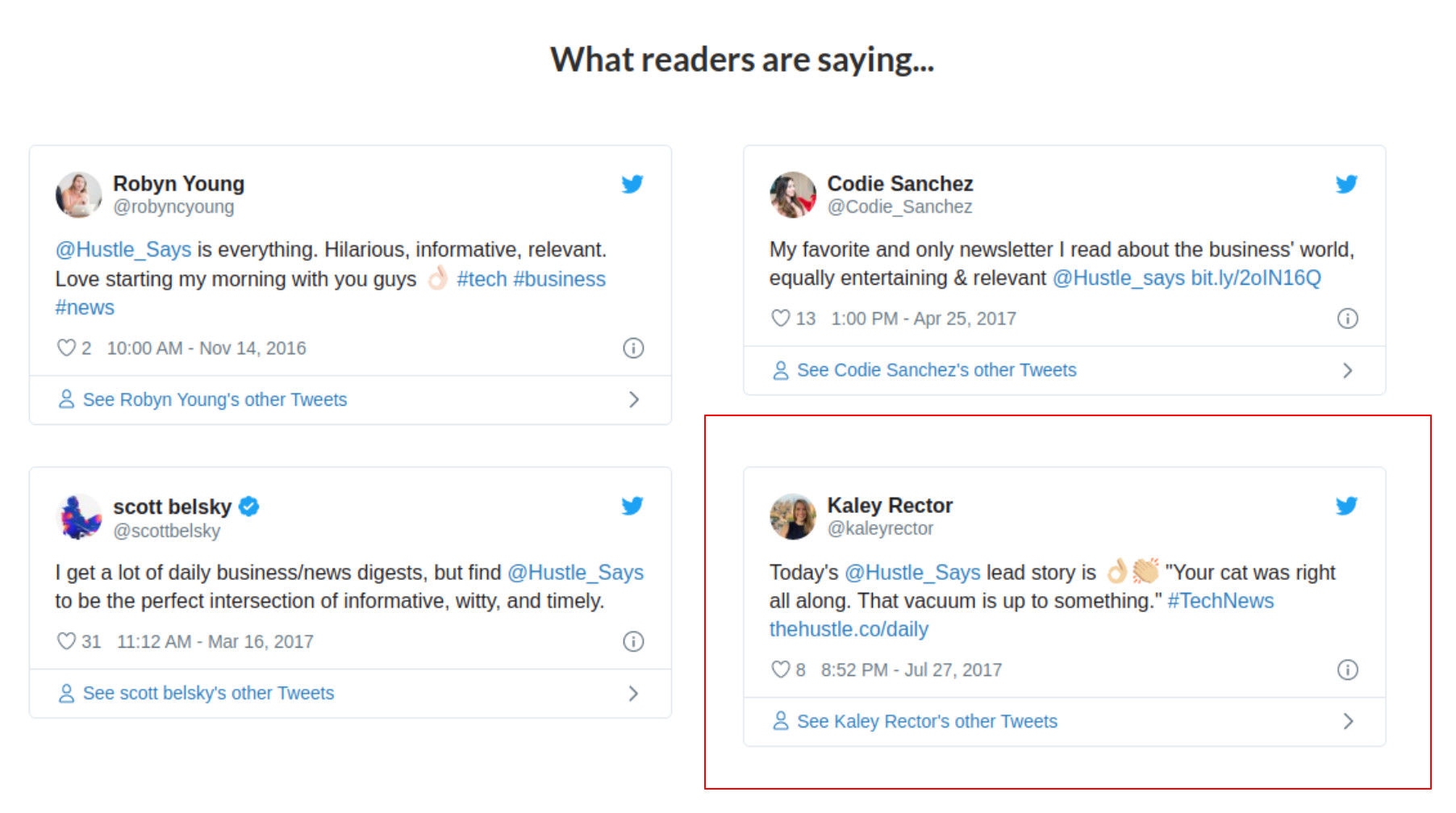Remote work has numerous obvious benefits. You save time and money by not commuting, you don't need to conform to a dress code, and you can live wherever you want. Here's 4 more advantages that I didn't expect when I started working remotely.
Get more utility out of social clubs
Organizations like the Soho House and the Harvard Club of New York have massive clubhouses with beautiful libraries that are tragically underused during the week. On your average work day, the libraries are largely empty - maybe an occasional person taking a meeting or a couple older retirees reading the Wall Street Journal.

Unfortunately, attending events after office hours is a pain. You need to commute to the office, then commute to the social club, then commute home. Making it to Midtown Manhattan when you work in Tribeca and live in Jersey City is already a struggle given Manhattan's endless transporation difficulties.
When you work remotely, you can just work out of the club's library for the day and go straight to whatever event you want to attend. Plus, not having to commute every day naturally makes taking one trip much less of a pain.
More time to work on your side hustle
Studies show that the average office employee only spends 8 hours a week actually working. They spend an hour a day reading the news, an hour on social media, 40 minutes chatting with coworkers, and half an hour smoking. If they live in the Bay Area, they probably spend another hour reading listicles about "hustle" and are blissfully unaware of the irony of reading listicles about productivity.

This sets the bar very low for remote workers. The average commute in the US is 30 minutes each way. So if you add up the time spent commuting (1 hour), reading fake news (1 hour), and reading social media (1 hour), you can already put in twice as many hours as your average coworker.
There is a tradeoff: remote workers are less likely to get raises or promotions. But, as a remote worker, you have extra time to spend building your side business that your competition doesn't have. Take advantage of it!
Cheaper travel with less vacation days
Many office employees like to take a full week off for vacation, fly out on a Friday, and fly back the following Sunday. I can understand why - it sucks to waste a scarce vacation day in an airport. Unfortunately, Friday and Sunday are the most expensive days to fly.
As a remote employee, I can just as easily finish up some work or hop on a call from the Centurion Lounge. That means it is easy for me to fly out on a Tuesday or Wednesday when flights are cheap and the ski lift lines are shortest, and not have to spend a vacation day on a flight.

Choose your definition of "normal"
If you're like most people, you don't have much control over who your coworkers are. And if you work at a company larger than 50 people, odds are most of your coworkers are the types who only work 8 hours a week and spend the rest of the time gossiping about last year's Christmas party.
The old adage "You're The Average Of The Five People You Spend The Most Time With" is largely true. The people you spend time with determine what you define as "normal", and what you define is normal is a more powerful force than most people think.
Consider brushing your teeth. It is amazing that almost everyone in the United States brushes their teeth every day. And if you don't brush your teeth, you'll face immense social pressure to change your habits. Brushing your teeth is normal, having three day old morning breath is not normal.
Now what if you surround yourself with people who exercise every day and own their own business? How would that change your definition of what normal is? What if the socially expected default in your group of friends is to have 6-pack abs and a multiple 6-figure brokerage account?
Whatever "normal" means for you right now, it is a tiny slice of the range of human experience. For some people it means binging on video games and cookies on weekends. For others it means success beyond what the video game bingers think is humanly possible. Remote work gives you the choice over what your socially accepted norms are.

.png)
